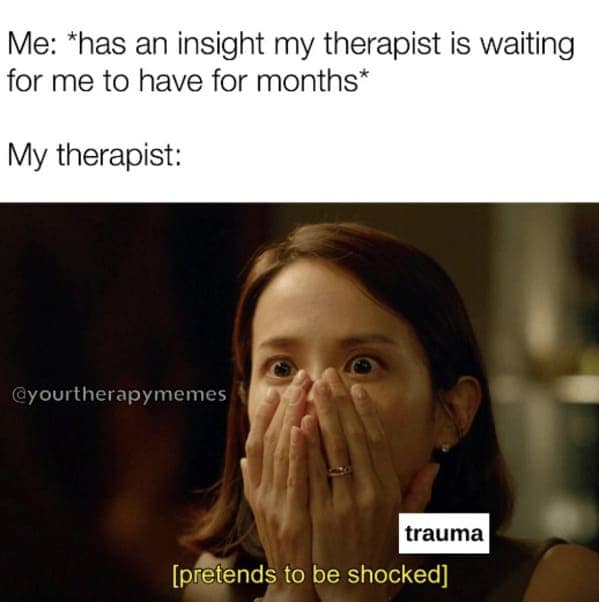30 Insightful Mental Health Discussion Questions
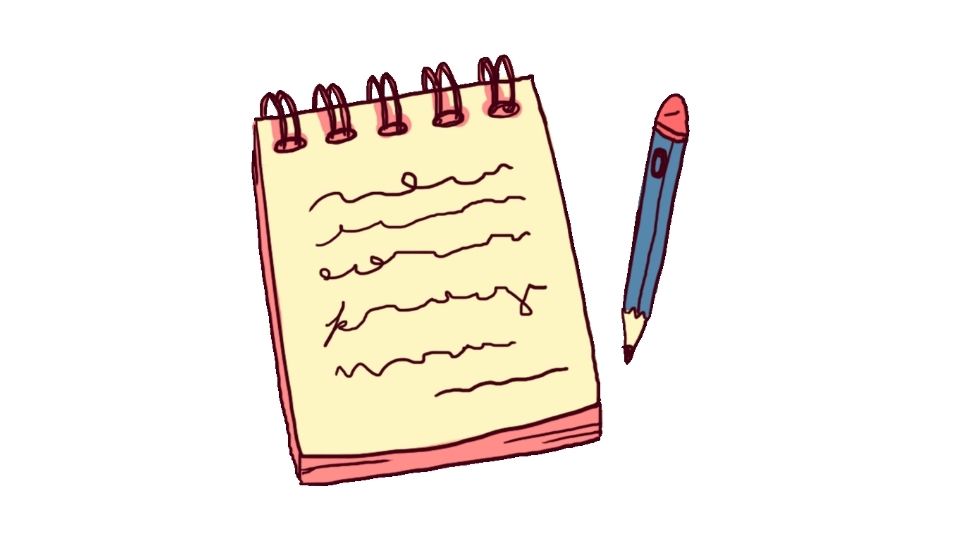
Let’s talk mental health convos – because sometimes we all need to check in with our brains, just like we check Instagram (except this is way more important).
When we actually talk about mental health openly, amazing things happen. We break down those old stigmas, build up communities that actually care, and get to know ourselves better. Win-win-win.
So whether you’re looking to have a heart-to-heart with yourself, spark meaningful group discussions, or help a kid understand their feelings, I’ve got questions that’ll get those mental gears turning.
Mental Health Discussion Questions That Actually Work
Let’s be real – asking “how are you?” usually gets you a reflexive “fine” even when someone is definitely not fine. These questions dig deeper without feeling like an interrogation.
Questions for Your Own Mental Check-Up
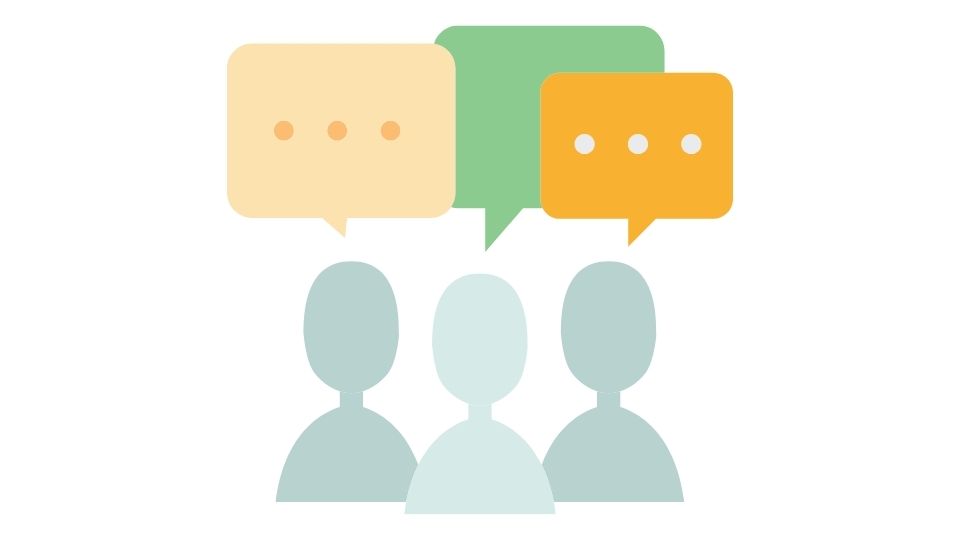
Sometimes the most important conversation is the one you have with yourself. These questions help you take that mental selfie:
How am I actually feeling today? Not the version I tell others, but the real deal. Sometimes I’m a mix of emotions, and that’s completely normal.
What’s my relationship with the big three: exercise, food, and sleep? These aren’t just health basics – they’re mental health foundations too. When I skip workouts for two weeks, my mood takes a nosedive. Coincidence? I think not.
How’s my sleep quality lately? Because scrolling TikTok until 2am and then wondering why I’m anxious the next day is… well, you know how that ends.
What’s my biggest stress trigger right now? Is it work deadlines? That relationship issue? Identifying the source is step one to not letting it run your life.
If I were really struggling, who would I call? Having your mental health “emergency contacts” figured out before you need them is just smart planning.
Questions That Make Group Discussions Actually Helpful
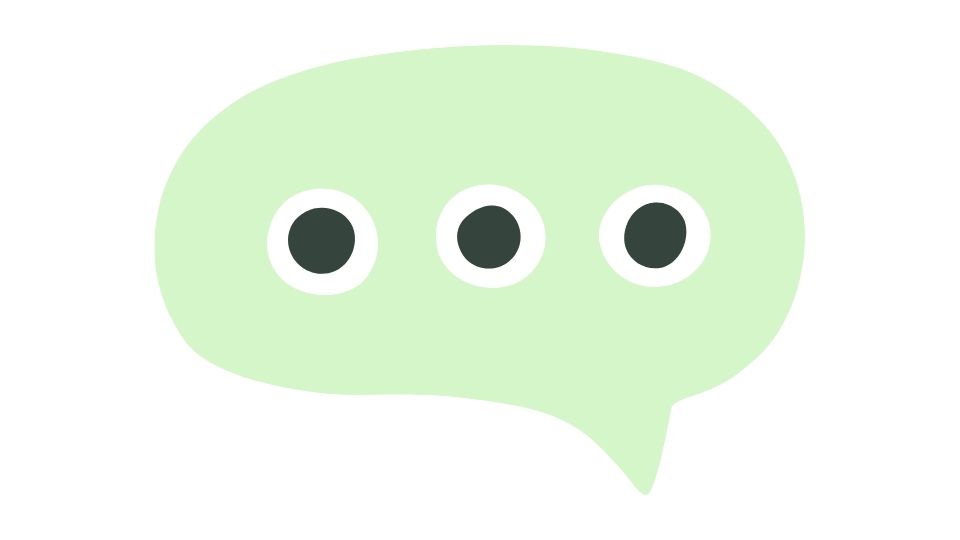
Whether it’s therapy, a support circle, or just friends getting real, these questions break the ice and build connection:
What’s your go-to strategy when anxiety/depression/anger shows up? Sharing coping techniques is like a mental health potluck – everyone brings their best dish and leaves with new recipes.
How do you find hope when things look bleak? Sometimes hearing how others keep their pilot light of hope burning can help relight your own.
Tell me about a time when something really difficult led to unexpected growth. These stories remind us that we’re stronger than we think and that post-traumatic growth is real.
How do you balance work and life? Or is “balance” even the right goal? Maybe it’s more about integration or boundaries or something else entirely?
Why do you think there’s still stigma around mental health? Naming the barriers helps us break them down. Plus, everyone has thoughts on this one.
Kid-Friendly Mental Health Conversations
Because little humans have big feelings too:
How’s your heart feeling today? Sometimes using a simple metaphor helps kids express complex emotions.
What made you smile this week? What made you frown? Concrete examples help children connect events with emotions.
If your feelings were weather, what’s happening in your sky right now? Is it sunny? Stormy? A little cloudy? This metaphorical approach helps kids visualize and express emotional states.
What do you do when your body feels nervous or worried? Teaching kids to recognize physical sensations of emotions is emotional intelligence 101.
Questions For Students and School Settings
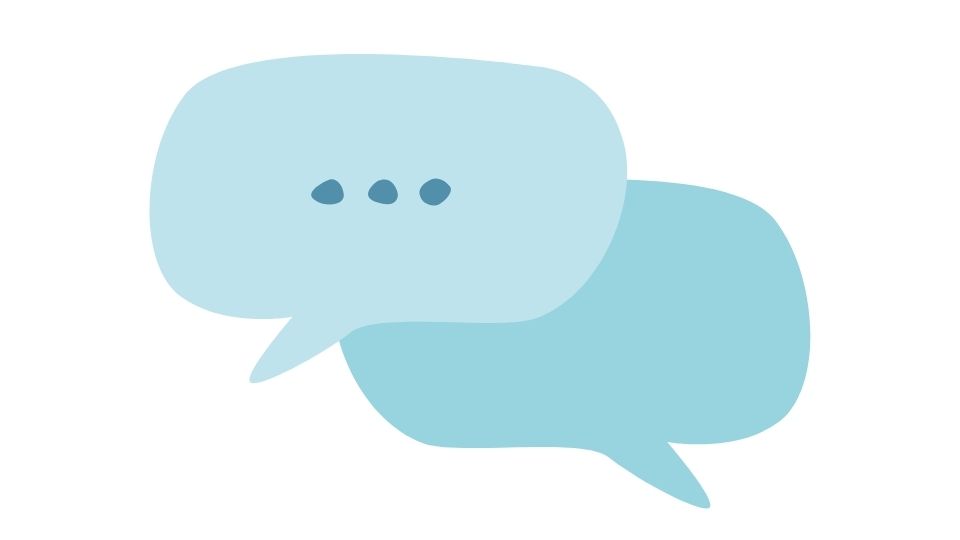
Because school isn’t just about grades – it’s about growing humans:
Can you draw how your week has been? Sometimes colors and shapes express what words can’t.
On a scale from “total disaster” to “absolutely amazing,” how would you rate your day? And what would need to happen to move it up one notch?
Who do you talk to when you’re having a rough day? Building awareness of support systems is crucial for young people.
What’s one small win you had this week? Teaching kids to celebrate small victories builds resilience and positive psychology habits.
How To Create A Safe Space For These Conversations
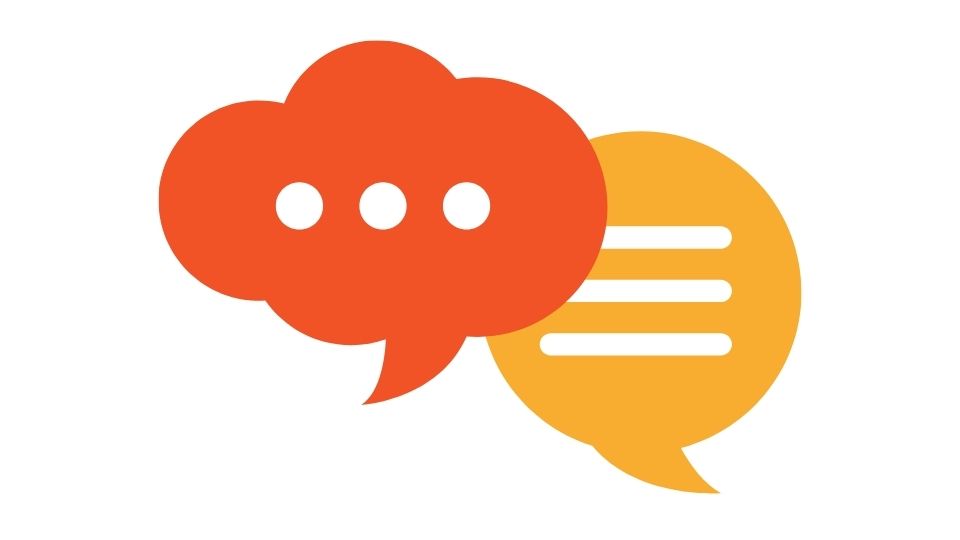
All these questions are useless if people don’t feel safe answering them. Here’s how to create that environment:
- Be the example – share your own mental health experiences appropriately
- Listen way more than you talk – like 80/20 ratio minimum
- Ban judgment – seriously, check it at the door
- Follow up – “How are things since we last talked?” shows you actually care
Remember, the goal isn’t to play therapist (unless you are one). The goal is to normalize talking about mental health as casually as we discuss physical health. Because your brain deserves at least as much attention as your biceps.
And if these conversations reveal someone needs more support than you can provide? That’s when you gently guide them toward professional help. Because knowing our limits is part of mental health too.

